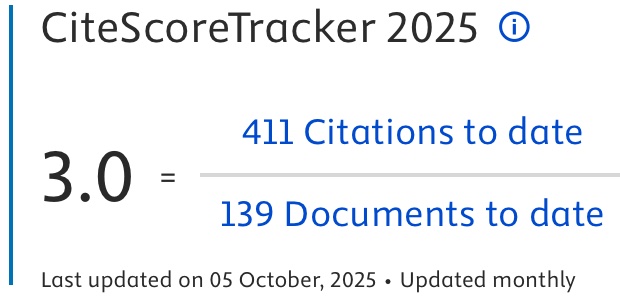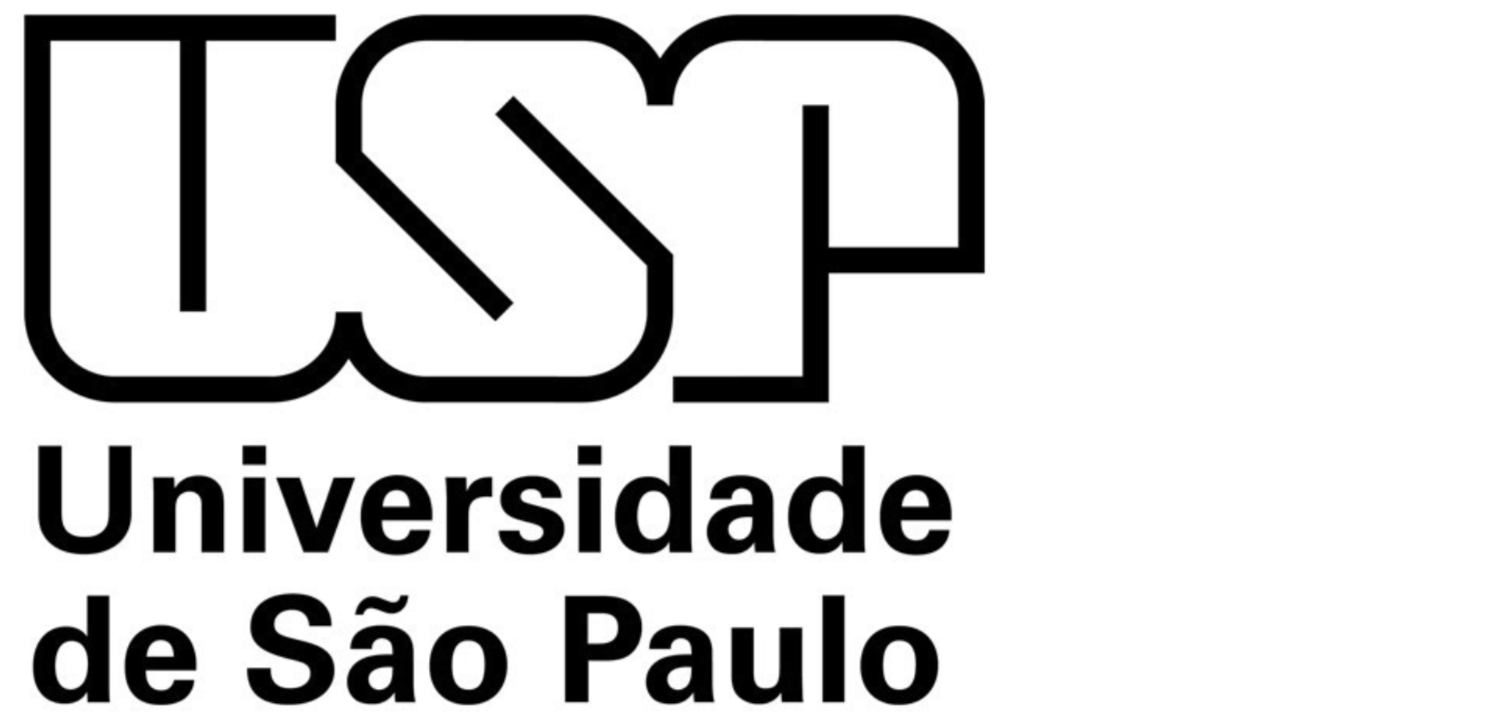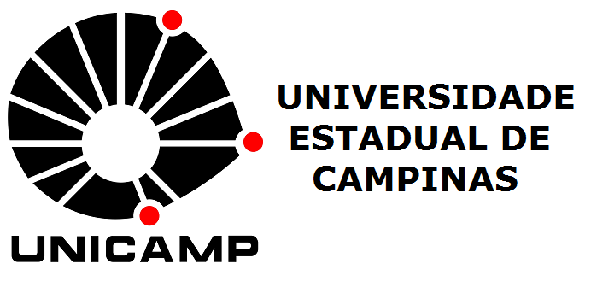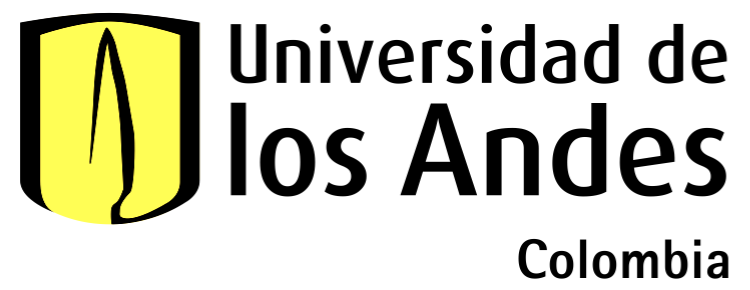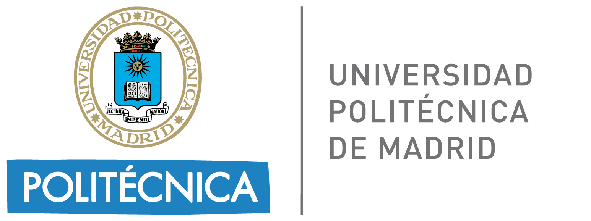Urban forests management. Design-driven technological routes for wood waste valuing
DOI:
https://doi.org/10.19229/2464-9309/13252023Keywords:
urban forest, waste management, wood up-cycling, product design, circular economyAbstract
Urban forestry is fundamental to cities’ quality of life and resilience and deserves an effort in planning, management and expansion. This article aims to analyse and systematise technological routes to indicate potential uses of urban tree residues, focusing on the research, teaching and extension activities of the University of São Paulo, Brazil. The methodological procedures consist of: 1) review of related literature; 2) identification and classification of species; 3) analysis of tree management procedures; 4) implementation of experimental projective and productive processes and; 5) conducting capacity building and technology transfer workshops. The results present a mapping of the technological routes indicating a transition to a more sustainable production model for this urban natural capital.
Article info
Received: 27/03/2023; Revised: 11/05/2023; Accepted: 19/05/2023
Downloads
Article Metrics Graph
References
Barata, T. Q. F., Malaguti de Sousa, C. S., Dutra Profirio de Souza, C. and Klingenberg, D. (2021), “La gestione dei rifiuti da potatura di vegetazione urbana – Esperienze a San Paolo, Brasile | Management of waste from the pruning of urban greenery – Experiences in São Paulo, Brazil”, in Agathón | International Journal of Architecture, Art and Design, vol. 9, pp. 232-243. [Online] Available at: doi.org/10.19229/2464-9309/9232021 [Accessed 19 May 2023].
Ellen MacArthur Foundation (2021), Universal circular economy policy goals – Enabling the transition to scale. [Online] Available at: ellenmacarthurfoundation.org/universal-policy-goals/overview#upg-paper [Accessed 19 May 2023].
Jones, P. (2014), “Systemic design principles for complex social systems”, in Metcalf, G. (ed.), Social Systems and Design, Translational Systems Sciences, vol. 1, Springer, Tokyo, pp. 91-128. [Online] Available at: doi.org/10.1007/978-4-431-54478-4_4 [Accessed 19 May 2023].
Karana, E., Barati, B., Rognoli, V. and Van Der Laan, A. Z. (2015), “Material Driven Design (MDD) – A method to design for material experiences”, in International Journal of Design, vol. 9, issue 2, pp. 35-54. [Online] Available at: ijdesign.org/index.php/IJDesign/article/viewFile/1965/687 [Accessed 19 May 2023].
Kimbell, L. (2011), “Designing for service as one way of designing services”, in International Journal of Design, vol. 5, issue 2, pp. 41-52. [Online] Available at: ijdesign.org/index.php/IJDesign/article/view/938/345 [Accessed 19 May 2023].
Malaguti de Sousa, C. (2019), “Valutare gli scarti della gestione del verde urbano per il design – Idee dal caso di San Paolo | Waste valuing from urban wood management through design – Ideas from the case of Sãn Paulo”, in Agathón | International Journal of Architecture, Art and Design, vol. 6, pp. 228-239. [Online] Available at: doi.org/10.19229/2464-9309/6222019 [Accessed 19 May 2023].
Manzini, E. (2017), Design – Quando todos fazem design – Uma introdução ao design para a inovação social, Unisinos, São Leopoldo.
Meira, A. M. (2010), Gestão de resíduos da arborização urbana, Doctoral Thesis, Escola Superior de Agricultura ‘Luiz de Queiroz’ – USP, Piracicaba. [Online] Available at: teses.usp.br/teses/disponiveis/11/11150/tde-19042010-103157/pt-br.php [Accessed 19 May 2023].
Miller, R. W., Haur, R. and Werner, L. (2015), Urban forestry – Planning and managing urban greenspaces, Waveland Press, Long Grove, Illinois (US).
Passoni, I. (2004), Caderno de debate – Tecnologia social no Brasil, Instituto de Tecnologia Social, São Paulo. [Online] Available at: irp.cdn-website.com/c8d521c7/files/uploaded/CADERNO%20DEBATE.pdf [Accessed 19 May 2023].
Probert, D. R., Farrukh, C. and Phaal, R. (2003), “Technology roadmapping – Developing a practical approach for linking resources to strategic goals”, in Proceedings of the Institution of Mechanical Engineers, Part B – Journal of Engineering Manufacture, vol. 217, issue 9, pp. 1183-1195. [Online] Available at: doi.org/10.1243/095440503322420115 [Accessed 19 May 2023].
Sánchez, D. M., Tsukamoto, Y. and Lobo, N. G. (2020), “Pavilions revealing the possibility of urban forestry as commons – Case studies on ‘Fire Foodies Club’ and ‘Urban Foresters Club’ at UABB”, in AIJ Journal of Technology and Design, vol. 26, issue 64, pp. 1230-1235. [Online] Available at: researchgate.net/publication/346280075_Pavilions_revealing_the _possibility_of_Urban_.Forestry_as_Commons_Case _studies_on_Fire _Foodies_Club_and_Urban_Foresters_Club_at_UABB- [Accessed 19 May 2023].
Sennett, R. (2013), Together – The Rituals, Pleasures and Politics of Cooperation, Yale University Press, Yale.
Simon, H. A. (1996), The Sciences of the Artificial, MIT Press, Cambridge.
Sousa, C. S. M. (2018), “Design and waste upcycling from tree pruning and fallen trees at the USP Campus (University of São Paulo) – Potentialities”, in Leal Filho, W., Frankenberger, F., Iglecias, P. and Mülfarth, R. C. K. (eds), Towards Green Campus Operations, Springer International Publishing, Heidelberg, pp. 777-791. [Online] Available at: doi.org/10.1007/978-3-319-76885-4_51 [Accessed 19 May 2023].
Souza, C. A. and Velasco, G. D. N. (eds) (2022), Resíduo de poda de árvores urbanas – Como reaproveitar?, Instituto de Pesquisas Tecnológicas do Estado de São Paulo, USP – Faculdade de Arquitetura e Urbanismo, São Paulo.
Stauffer, N. W. (2022), “Using nature’s structures in wooden buildings – A new approach enables architects to use discarded tree forks as load-bearing joints in their structures”, in MIT News, 09/03/2022. [Online] Available at: news.mit.edu/2022/using-natures-structures-wooden-buildings-0309 [Accessed 19 May 2023].
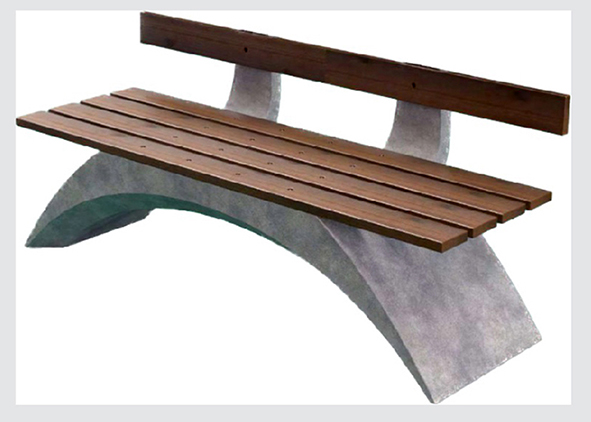
Downloads
Published
How to Cite
Issue
Section
Categories
License
Copyright (c) 2023 Cyntia Santos Malaguti de Sousa, Tomás Queiroz Ferreira Barata, Caio Dutra Profirio de Souza, Felipe Gustavo de Melo

This work is licensed under a Creative Commons Attribution 4.0 International License.
This Journal is published under Creative Commons Attribution Licence 4.0 (CC-BY).
License scheme | Legal code
This License allows anyone to:
Share: copy and redistribute the material in any medium or format.
Adapt: remix, transform, and build upon the material for any purpose, even commercially.
Under the following terms
Attribution: Users must give appropriate credit, provide a link to the license, and indicate if changes were made; users may do so in any reasonable manner, but not in any way that suggests the licensor endorses them or their use.
No additional restrictions: Users may not apply legal terms or technological measures that legally restrict others from doing anything the license permits.
Notices
Users do not have to comply with the license for elements of the material in the public domain or where your use is permitted by an applicable exception or limitation.
No warranties are given. The license may not give users all of the permissions necessary for their intended use. For example, other rights such as publicity, privacy, or moral rights may limit how you use the material.






